What Are the Essential Medical Esthetician Training Courses?
Entering the field of medical aesthetics requires more than just passion—it demands a combination of scientific understanding, technical skill, and business acumen. Aspiring estheticians benefit from structured esthetician training that equips them to deliver safe, effective, and innovative treatments. According to the U.S. Bureau of Labor Statistics, the demand for skincare specialists is expected to grow by a total of 14% from 2016 to 2026. The following courses highlight essential areas of study that prepare students to excel in the dynamic world of skincare and cosmetic procedures.
Skin Care Fundamentals
Exploring skin care fundamentals provides students with a solid understanding of skin anatomy, physiology, and the mechanisms that maintain skin health. Esthetician training in this area focuses on assessing different skin types, identifying common skin conditions, and selecting appropriate treatments. Students gain practical experience with facial techniques, exfoliation methods, and hydration procedures, allowing them to apply theoretical knowledge in hands-on settings. Developing expertise in basic skin care is essential for every esthetician, forming the foundation for advanced treatments and client consultations.
Applying cosmetic products safely and effectively is another key component of this training. Students learn how ingredients interact with the skin, how to tailor product selection to individual client needs, and how to measure treatment efficacy. Emphasis is placed on building client confidence and delivering consistent results, which are crucial for establishing a professional reputation in the field. Understanding the science behind the skin enables estheticians to make informed decisions about techniques and products, enhancing both safety and effectiveness.
Esthetician training in foundational skin care also introduces students to skin condition management, including addressing acne, sensitivity, and other common issues. Techniques are taught to optimize skin health while preventing complications or irritation. By integrating theory with practical application, students gain the confidence needed to evaluate skin conditions accurately, recommend suitable treatments, and implement care plans tailored to each client’s needs. This comprehensive approach ensures graduates are prepared to meet client expectations with precision and professionalism.
Advanced Injectable Techniques
Learning advanced injectable techniques equips students with the skills to perform neurotoxin and dermal filler treatments safely and effectively. Esthetician training covers facial anatomy, proper injection methods, and safety protocols to minimize risk and optimize results. Students practice customizing treatments to meet individual client goals, managing potential complications, and achieving natural-looking outcomes that enhance facial aesthetics.
Practical training emphasizes precision, control, and technique refinement. Students learn how to balance facial features, select appropriate injection sites, and determine suitable dosage levels. Hands-on sessions help students develop confidence and accuracy, ensuring they are prepared to deliver treatments that meet professional standards. This level of training is critical for estheticians seeking to expand their service offerings and provide advanced cosmetic procedures. Additionally, students gain insight into client consultation and safety protocols, reinforcing the importance of personalized and responsible care.
Understanding patient care before, during, and after injectable treatments is another important aspect. Students are trained to conduct thorough consultations, evaluate medical histories, and educate clients on post-treatment care. Developing these skills fosters a positive relationship with clients and enhances satisfaction while reducing the likelihood of adverse reactions. Training in injectables combines technical proficiency with interpersonal skills, preparing graduates to deliver high-quality, client-focused services.
Precision Laser Treatments
Precision laser treatment training introduces students to a variety of laser technologies used in hair removal, skin resurfacing, and pigmentation correction. Esthetician training emphasizes the importance of safety, patient assessment, and treatment planning. Students gain hands-on experience operating laser devices and learn how to adjust settings based on individual client needs and skin types.
Laser treatments require a deep understanding of energy-based technologies and their interaction with skin tissue. Students learn to evaluate contraindications, manage client expectations, and ensure treatments are both safe and effective. Practical experience allows students to build competence in performing procedures that improve skin appearance, texture, and tone. Knowledge gained from this training enhances the esthetician’s ability to offer modern, non-invasive solutions that address a variety of client concerns.
Such training also emphasizes client communication and education. Students learn to explain procedures, expected outcomes, and post-treatment care. Graduates are prepared to provide professional laser services with precision and safety, ensuring client satisfaction and repeat business. Mastery of laser treatments positions estheticians to meet the growing demand for advanced aesthetic procedures in clinical and spa environments.
Wellness and IV Therapy
Integrating wellness and IV therapy into training for estheticians broadens the scope of services professionals can offer. Students learn sterile procedures, patient monitoring, and nutrient administration to provide hydration and wellness-focused treatments. Practical sessions allow students to safely practice IV insertion and management, enhancing both skill and confidence.
Understanding the interplay between wellness therapies and aesthetic outcomes is crucial. Estheticians learn to design IV treatments that complement skincare regimens, improve overall health, and support recovery. Instruction includes identifying appropriate candidates, recognizing contraindications, and monitoring patient responses during and after treatment. This holistic approach to client care ensures treatments are safe, effective, and aligned with professional standards.
Hands-on training emphasizes communication and patient education. Students learn to explain the benefits and potential side effects of IV therapy, manage expectations, and ensure client comfort throughout the procedure. This training empowers estheticians to offer comprehensive wellness services, expanding their expertise and enhancing client satisfaction.
Regenerative and Hormone-Based Therapies
Advancing skills in regenerative and hormone-based therapies allows estheticians to provide cutting-edge treatments such as platelet-rich plasma therapy and testosterone pellet administration. Esthetician training covers patient assessment, proper administration protocols, and safety considerations. Practical exercises ensure students gain hands-on experience with these advanced procedures. Students learn to tailor treatments to individual client needs while monitoring for potential adverse effects. The curriculum emphasizes combining clinical knowledge with technical skills to deliver results that support skin rejuvenation and overall wellness. Training in this area also includes post-treatment care instructions, follow-up protocols, and client education to ensure optimal outcomes.
Understanding the science behind regenerative therapies enhances an esthetician’s ability to evaluate treatment options and make informed recommendations. Students are equipped to integrate these therapies into a broader aesthetic practice, offering innovative solutions that address client goals. Graduates leave with the confidence to perform advanced treatments safely and effectively, staying competitive in the evolving field of medical aesthetics. Building a successful aesthetic practice requires knowledge of business operations, client management, and marketing strategies. Esthetician training in this area covers practical planning, client retention techniques, regulatory compliance, and operational efficiency. Students learn to create business plans, implement marketing initiatives, and optimize workflows to grow a clinic or spa successfully.
Business training emphasizes the importance of client engagement and professional communication. Estheticians are taught strategies for attracting new clients, maintaining long-term relationships, and ensuring high satisfaction rates. Understanding regulatory requirements and safety standards ensures compliance while protecting both clients and the practice. Developing these skills also empowers estheticians to create a positive, professional environment that fosters a relationship and encourages repeat business.
Integrating clinical expertise with solid business knowledge equips graduates to manage every aspect of an aesthetic practice with confidence and efficiency. Students develop the skills to deliver high-quality treatments while overseeing daily operations, marketing, and client relationships, positioning themselves to succeed in a competitive industry. By enrolling in American Academy of Aesthetics, aspiring estheticians take a strategic first step toward advancing their careers, enhancing professional skills, and achieving long-term financial growth in the thriving field of medical aesthetics.


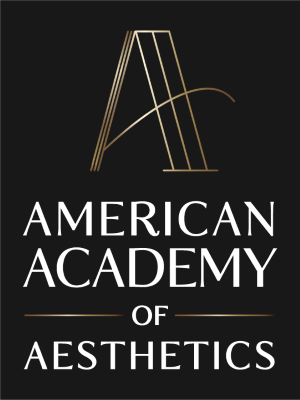






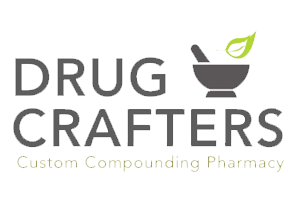

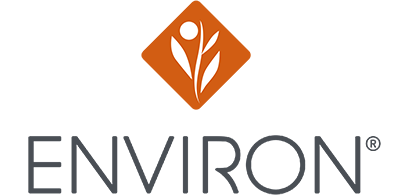
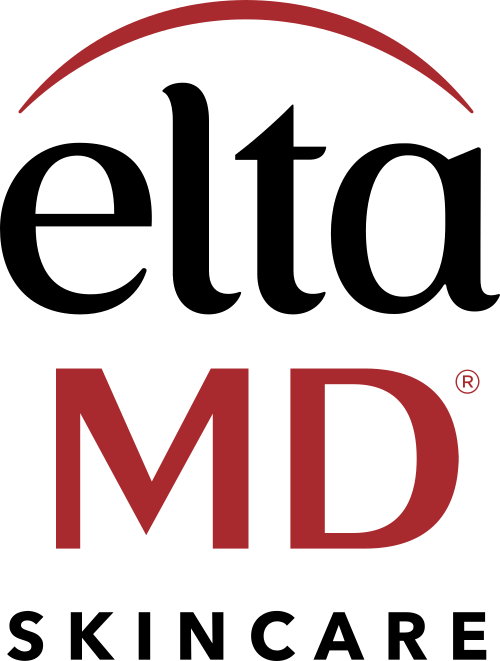
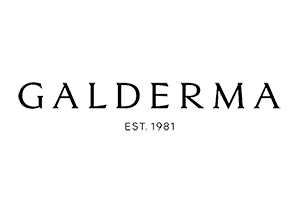



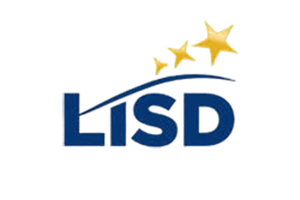
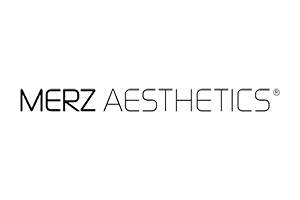
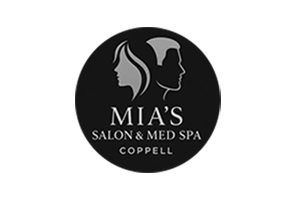

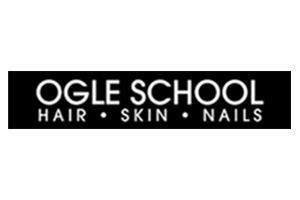
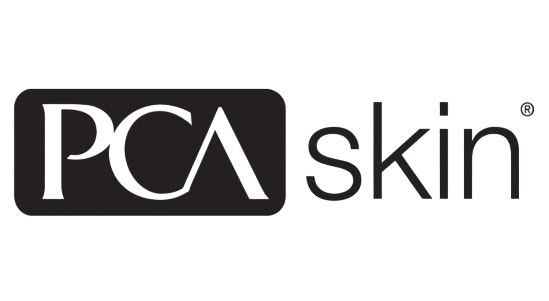


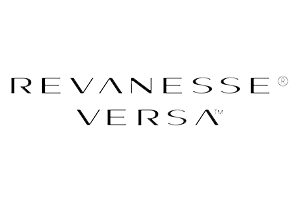

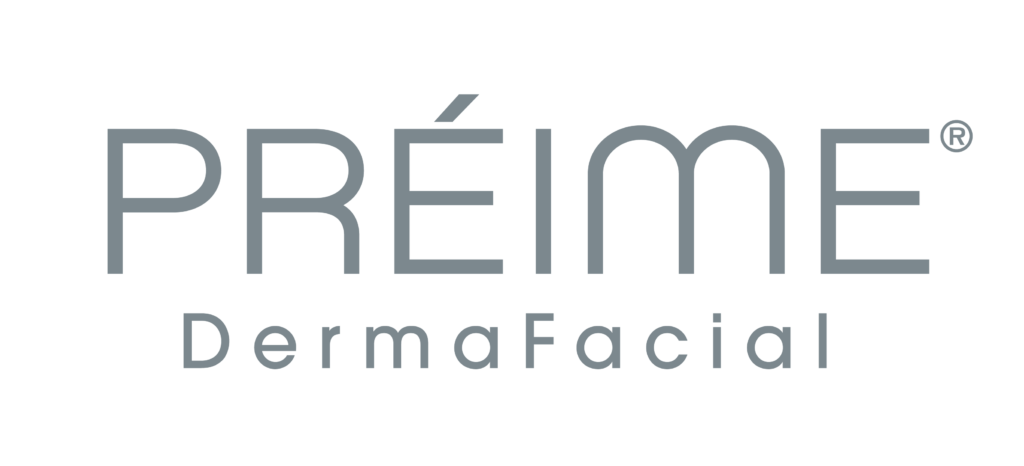
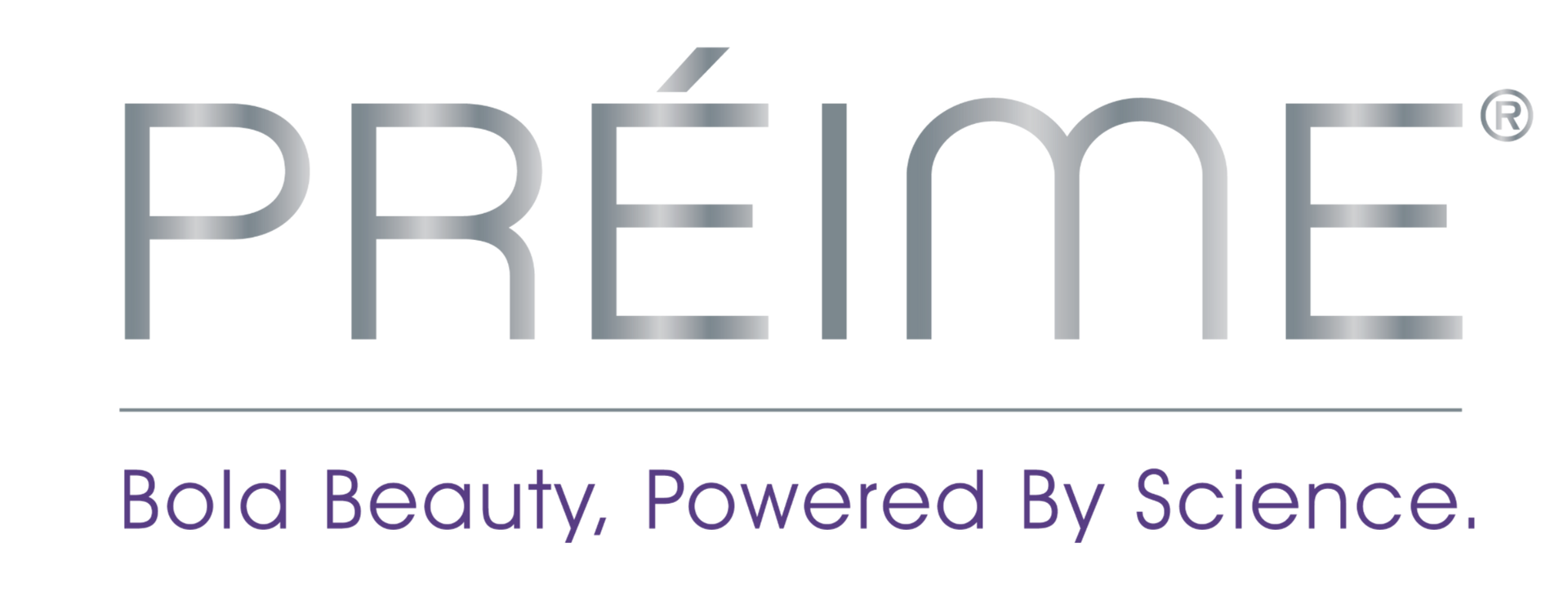





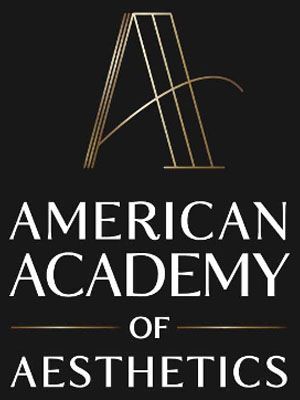
Share On: